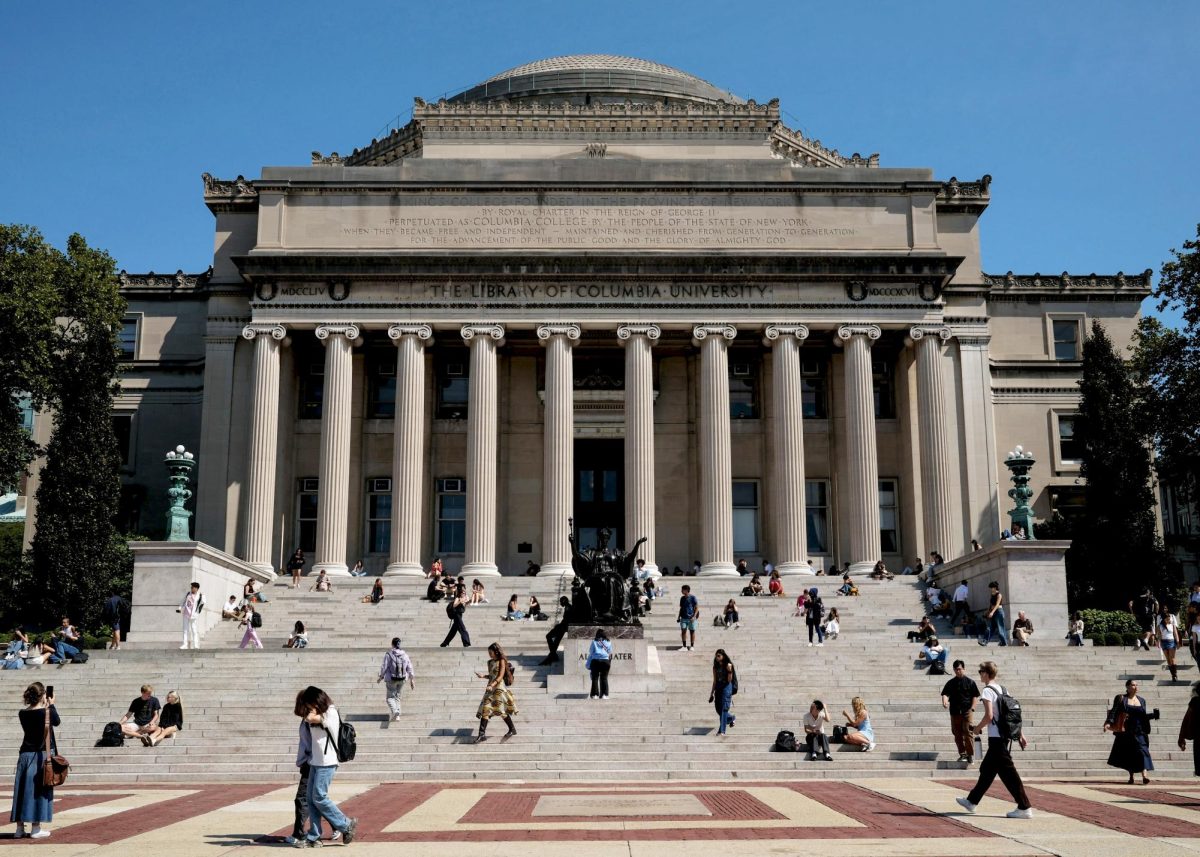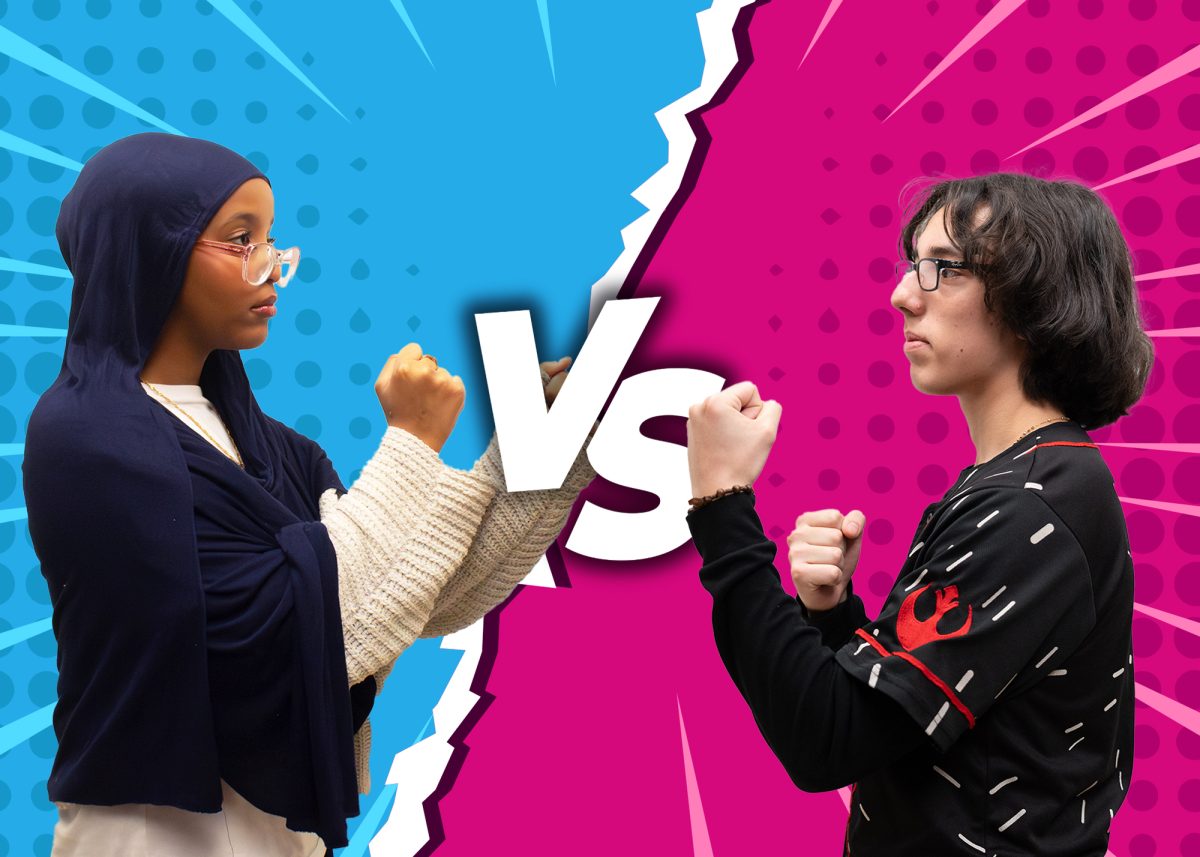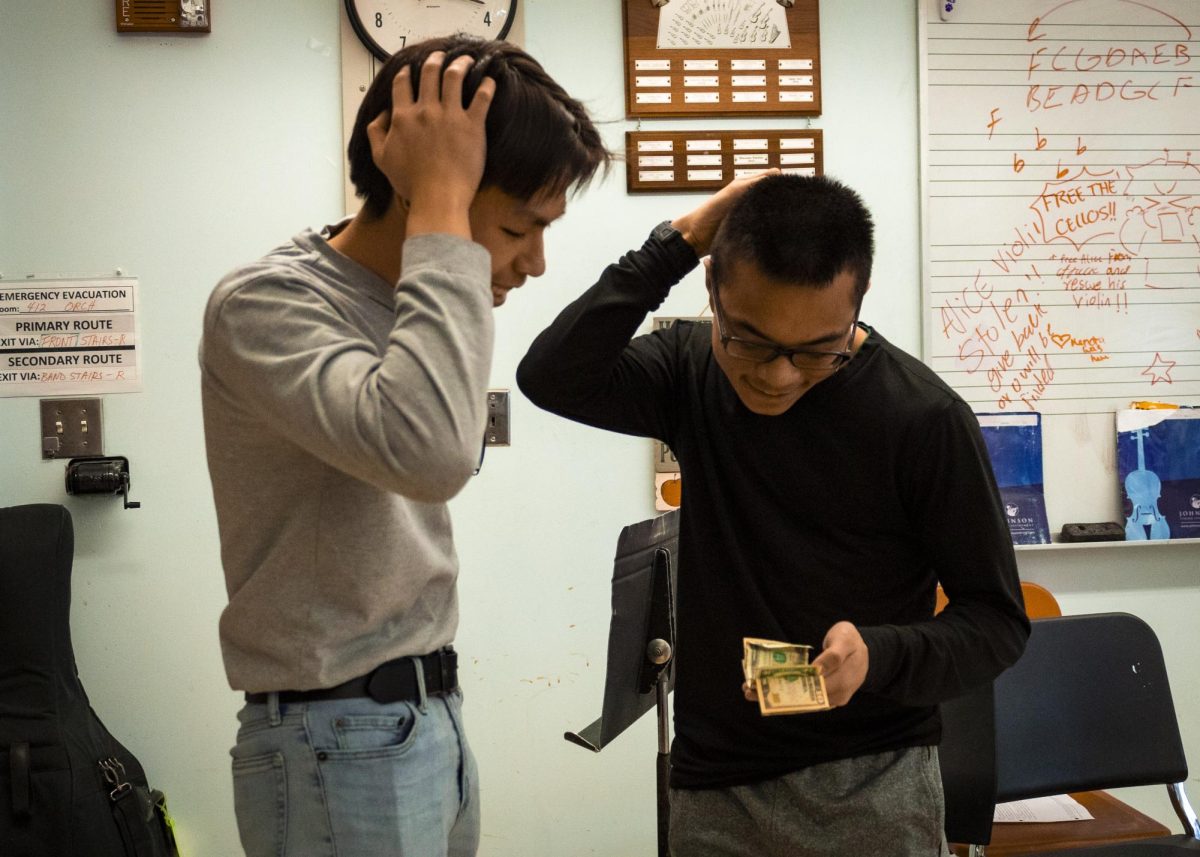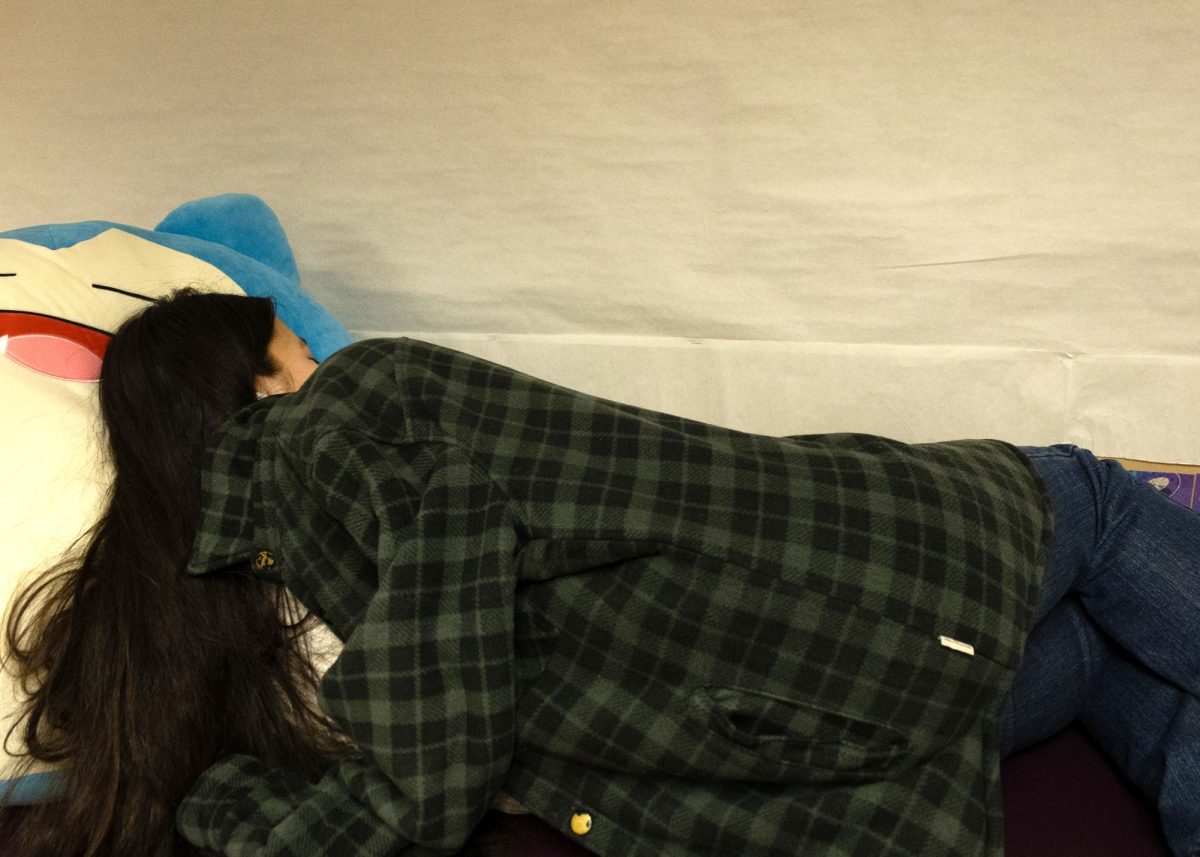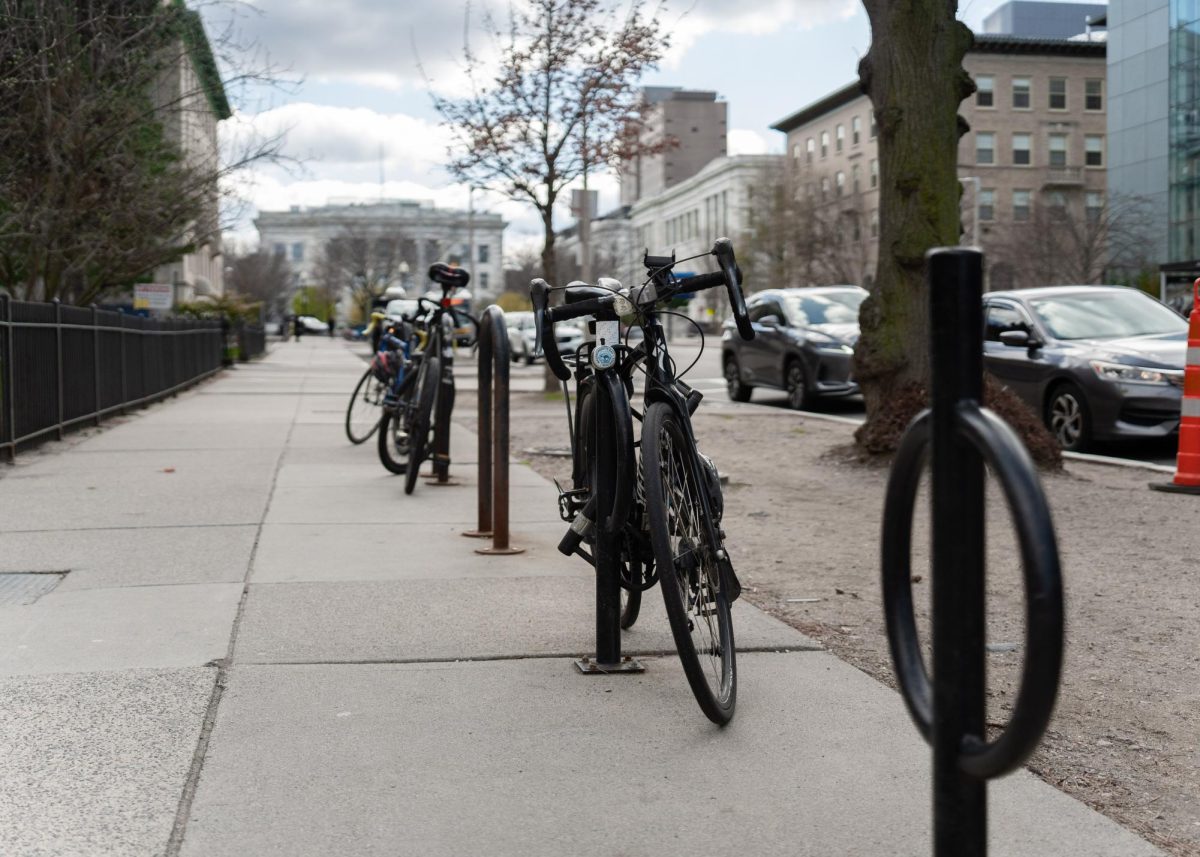With the continuous rise in controversial political issues—the Ukrainian War, the Gaza-Israel conflict, Immigrations and Customs Enforcement (ICE) deportations, implementation of tariffs and changes within the healthcare system—being brought up more frequently in conversations on university campuses, institutions must choose whether they should take a stance or not. For intellectual freedom to thrive and to encourage students to challenge social norms without the fear of censorship, educational institutions should remain neutral on political issues. When the safety of students is threatened, however, neutrality is no longer an option.
Traditional neutrality is often perceived as remaining impartial—withholding judgment or support—for any side in a political or social conflict. In the context of universities, neutrality should be viewed as refraining from endorsing any political viewpoints while also supporting the diversity of opinions and beliefs for the sake of academic freedom. Political conflicts encompass national political issues that the public is deeply divided on, resulting in debates, votes and advocacy.
In order for universities to claim that they are neutral, they should avoid a public political stance. In the privacy of their campus, however, they should not stifle students who do choose to take a stance, because silencing voices indicates the position of the university: against whatever the students are protesting. In this vein, they ought to support discussion spaces that empower students to engage more with controversial and political issues, and provide affinity groups, guest speakers and courses on specific political issues. Whether institutions are secretly donating to a certain party, “bowing down” to political demands—such as Columbia University agreeing to terms set by the Trump administration in exchange for funding— or even remaining silent on issues that are endangering students, these actions shift their claim of neutrality into bias.
In educational institutions, neutrality prioritizes creating a diverse community where discourse is welcomed, not suppressed. Martin Wong (III) comments, “[When universities take] a stance on political issues, [it can] alienate certain students, which may make [students] uncomfortable in their learning environment.” Neutrality would provide an inclusive environment where these thoughts are not forced into dormant shadows but instead can emerge into the validating sunlight, fully blooming into constructive discussions, without being manipulated or stifled to align with the institution’s views.
A neutral stance also ensures critical thinking and political participation among students. Maintaining neutrality would allow universities to provide spaces for students to form their own political views independently through research and personal experience, without becoming a closed bubble where only one viewpoint is upheld. If Harvard University fired directors of the Center for Middle Eastern Studies due to political pressure from the Trump administration regarding the events in Gaza, who is to say that other universities will not become echo chambers when they face similar issues? Maxwell Howard (I), a student preparing for college, adds, “It is essential for diverse perspectives to be able to come together in a constructive way. […] If certain conversations aren’t had, if people don’t play devil’s [advocate] and if they remain ignorant, then we will remain divided as a people.” Universities must offer a chance for students to critically engage with differing viewpoints, creating a united community through neutrality.
When universities take stances on political matters, moreover, donors, alumni and even the public might lose trust, resulting in a loss in funding or reputation. Universities depend on support from these people through donations or community endorsement. Taking a stance could potentially harm the funds they receive or the reputation that took decades to build. After Columbia University’s alleged collaboration with federal authorities to deport graduate student and prominent pro-Palestinian campus activist Mahmoud Khalil, breaking neutrality, alumni have begun renouncing their degrees, high school seniors have rejected acceptances and the institution has lost all honor that once defined its high ranking for universities.
While universities should remain neutral on political issues, it can often change depending on the situation. If students are harmed or endangered by the policies that may be encroaching on students’ rights, institutions must take a stance to protect them even if it means abandoning neutrality. Tufts University demanded the release of doctoral student Rumeysa Ozturk when she was arrested by ICE. Yale University refused ICE’s entry by restricting buildings to only ID holders once rumors spread about their arrival. Brown University released an executive order and personally reached out to international students with materials and resources on safety, creating new student groups and providing guidance on rights in the event that ICE arrives. These are just a few universities that have currently demonstrated their commitment to protecting students’ rights, becoming the standard for prioritizing their safety over neutrality when necessary.
Universities must also take a stance if they are legally obligated to enforce laws with serious effects. Boston Latin School history teacher Ms. Clara Webb notes, “It depends on the circumstances of detention. Sometimes students are violating laws and if that’s the case, as long as there’s due process, [which is] fundamental in the American justice system, […] there’s not much that the university can do.” A university must comply legally, especially if a student’s actions have legal consequences while ensuring fair legal proceedings and protected rights.
At a time when the federal government tries to influence how universities treat political activism more than in past student movements, it will take extra courage for unversities to remain places of intellectual freedom and true political neutrality. Universities will not just be teaching students, but future leaders, thinkers and changemakers. If we want to continue to cultivate campuses of diversity, intellectual freedom and critical thinkers, maintaining real neutrality— not following the current administration’s demands—is fundamental. Institutions must recognize their position in their student’s lives and whether they want to remain true to their mission by choosing neutrality.
Categories:
Universities, Be Politically Neutral!
By Angelina Wei (II) & Benjamin Nguyen (III), Staff Writer and Contributing Writer
May 3, 2025
0



